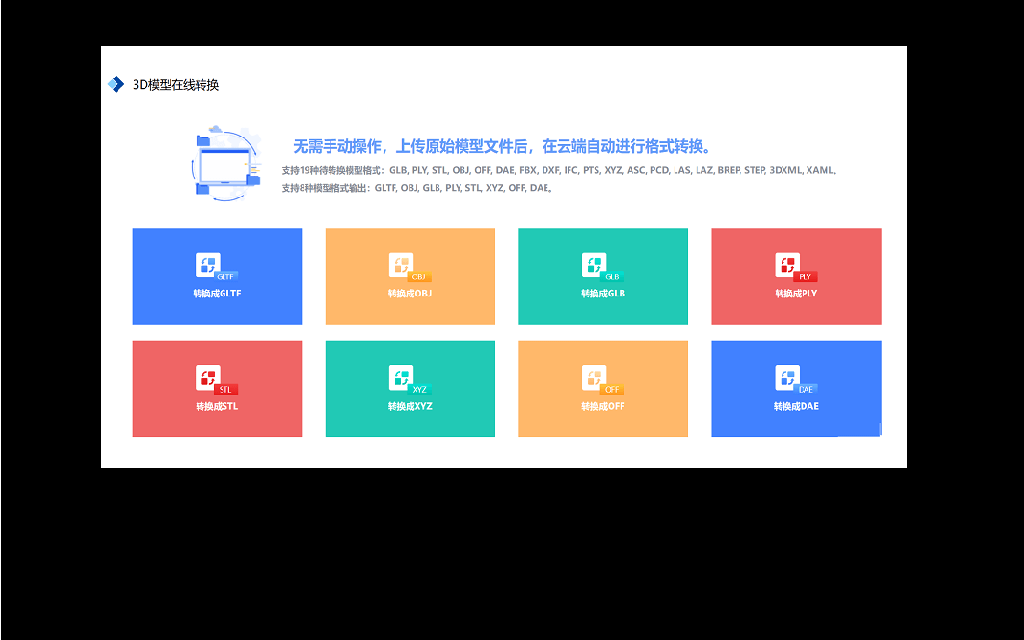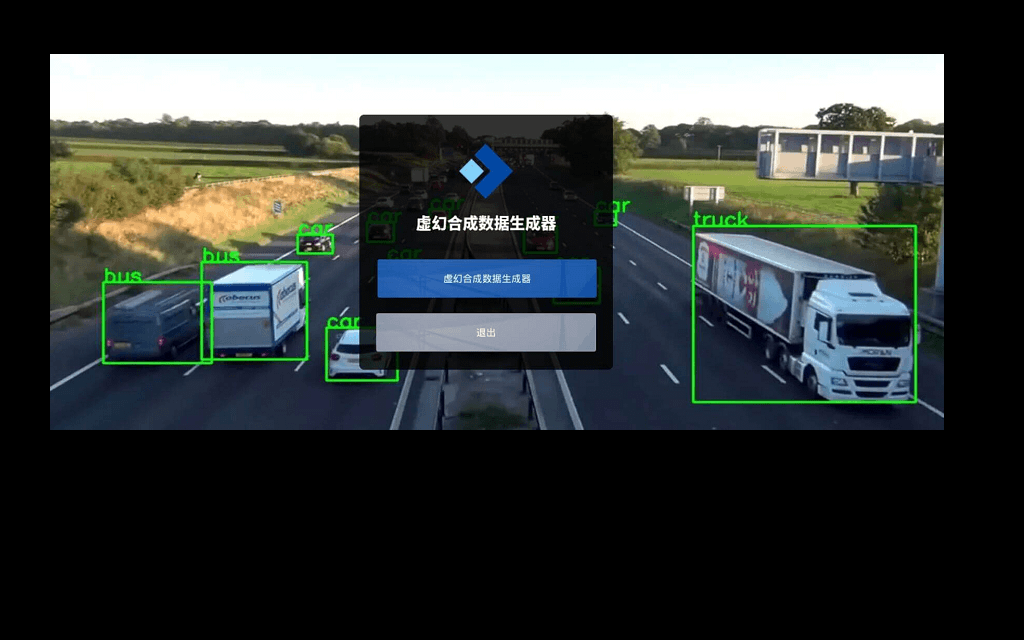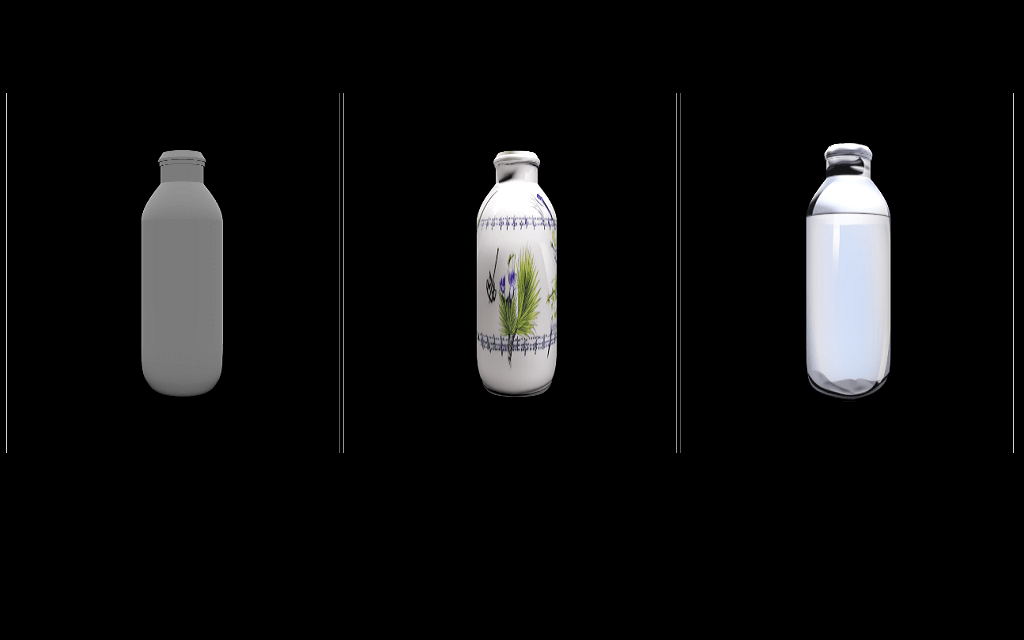opus-mt-tc-big-fi-zls
Table of Contents
- Model Details
- Uses
- Risks, Limitations and Biases
- How to Get Started With the Model
- Training
- Evaluation
- Citation Information
- Acknowledgements
Model Details
Neural machine translation model for translating from Finnish (fi) to South Slavic languages (zls).
This model is part of the OPUS-MT project, an effort to make neural machine translation models widely available and accessible for many languages in the world. All models are originally trained using the amazing framework of Marian NMT, an efficient NMT implementation written in pure C++. The models have been converted to pyTorch using the transformers library by huggingface. Training data is taken from OPUS and training pipelines use the procedures of OPUS-MT-train. Model Description:
- Developed by: Language Technology Research Group at the University of Helsinki
- Model Type: Translation (transformer-big)
- Release: 2022-07-23
- License: CC-BY-4.0
- Language(s):
- Source Language(s): fin
- Target Language(s): bul hrv slv srp_Cyrl
- Language Pair(s): fin-bul fin-hrv fin-slv fin-srp_Cyrl
- Valid Target Language Labels: >>bos<< >>bos_Cyrl<< >>bos_Latn<< >>bul<< >>chu<< >>hbs<< >>hbs_Cyrl<< >>hrv<< >>kjv<< >>mkd<< >>slv<< >>srp<< >>srp_Cyrl<< >>srp_Latn<< >>svm<<
- Original Model: opusTCv20210807_transformer-big_2022-07-23.zip
- Resources for more information:
- OPUS-MT-train GitHub Repo
- More information about released models for this language pair: OPUS-MT fin-zls README
- More information about MarianNMT models in the transformers library
- [Tatoeba Translation Challenge](https://github.com/Helsinki-NLP/Tatoeba-Challenge/
This is a multilingual translation model with multiple target languages. A sentence initial language token is required in the form of >>id<< (id = valid target language ID), e.g. >>slv<<
Uses
This model can be used for translation and text-to-text generation.
Risks, Limitations and Biases
CONTENT WARNING: Readers should be aware that the model is trained on various public data sets that may contain content that is disturbing, offensive, and can propagate historical and current stereotypes.
Significant research has explored bias and fairness issues with language models (see, e.g., Sheng et al. (2021) and Bender et al. (2021)).
How to Get Started With the Model
A short example code:
from transformers import MarianMTModel, MarianTokenizer
src_text = [
">>bul<< Ajattelen vain sinua.",
">>slv<< Virtahevot rakastavat vettä."
]
model_name = "pytorch-models/opus-mt-tc-big-fi-zls"
tokenizer = MarianTokenizer.from_pretrained(model_name)
model = MarianMTModel.from_pretrained(model_name)
translated = model.generate(**tokenizer(src_text, return_tensors="pt", padding=True))
for t in translated:
print( tokenizer.decode(t, skip_special_tokens=True) )
# expected output:
# Мисля само за теб.
# Povodni konji obožujejo vodo.
You can also use OPUS-MT models with the transformers pipelines, for example:
from transformers import pipeline
pipe = pipeline("translation", model="Helsinki-NLP/opus-mt-tc-big-fi-zls")
print(pipe(">>bul<< Ajattelen vain sinua."))
# expected output: Мисля само за теб.
Training
- Data: opusTCv20210807 (source)
- Pre-processing: SentencePiece (spm32k,spm32k)
- Model Type: transformer-big
- Original MarianNMT Model: opusTCv20210807_transformer-big_2022-07-23.zip
- Training Scripts: GitHub Repo
Evaluation
- test set translations: opusTCv20210807_transformer-big_2022-07-23.test.txt
- test set scores: opusTCv20210807_transformer-big_2022-07-23.eval.txt
- benchmark results: benchmark_results.txt
- benchmark output: benchmark_translations.zip
| langpair | testset | chr-F | BLEU | #sent | #words |
|---|---|---|---|---|---|
| fin-bul | flores101-devtest | 0.54912 | 26.2 | 1012 | 24700 |
| fin-hrv | flores101-devtest | 0.51468 | 21.3 | 1012 | 22423 |
| fin-slv | flores101-devtest | 0.51226 | 22.3 | 1012 | 23425 |
| fin-srp_Cyrl | flores101-devtest | 0.50774 | 21.8 | 1012 | 23456 |
Citation Information
- Publications: OPUS-MT – Building open translation services for the World and The Tatoeba Translation Challenge – Realistic Data Sets for Low Resource and Multilingual MT (Please, cite if you use this model.)
@inproceedings{tiedemann-thottingal-2020-opus,
title = "{OPUS}-{MT} {--} Building open translation services for the World",
author = {Tiedemann, J{\"o}rg and Thottingal, Santhosh},
booktitle = "Proceedings of the 22nd Annual Conference of the European Association for Machine Translation",
month = nov,
year = "2020",
address = "Lisboa, Portugal",
publisher = "European Association for Machine Translation",
url = "https://aclanthology.org/2020.eamt-1.61",
pages = "479--480",
}
@inproceedings{tiedemann-2020-tatoeba,
title = "The Tatoeba Translation Challenge {--} Realistic Data Sets for Low Resource and Multilingual {MT}",
author = {Tiedemann, J{\"o}rg},
booktitle = "Proceedings of the Fifth Conference on Machine Translation",
month = nov,
year = "2020",
address = "Online",
publisher = "Association for Computational Linguistics",
url = "https://aclanthology.org/2020.wmt-1.139",
pages = "1174--1182",
}
Acknowledgements
The work is supported by the European Language Grid as pilot project 2866, by the FoTran project, funded by the European Research Council (ERC) under the European Union’s Horizon 2020 research and innovation programme (grant agreement No 771113), and the MeMAD project, funded by the European Union’s Horizon 2020 Research and Innovation Programme under grant agreement No 780069. We are also grateful for the generous computational resources and IT infrastructure provided by CSC -- IT Center for Science, Finland.
Model conversion info
- transformers version: 4.16.2
- OPUS-MT git hash: 8b9f0b0
- port time: Sat Aug 13 00:08:29 EEST 2022
- port machine: LM0-400-22516.local


